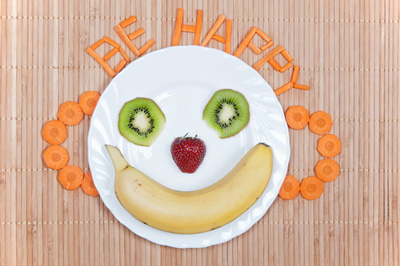Daily fruit and veg boosts happiness, study finds
Posted: 11 July 2016 | Victoria White, Digital Content Producer | No comments yet
A study exploring the benefits that fruit and vegetables can have for psychological well-being has demonstrated that they can increase happiness levels…


A new study exploring the benefits that fruit and vegetables can have for psychological well-being has demonstrated that they can ‘substantially’ increase happiness levels.


The researchers behind the study, from the Universities of Warwick and Queensland, said that happiness benefits were detected for each extra daily portion of fruit and vegetables up to 8 portions per day.
They also concluded that people who changed from almost no fruit and veg to eight portions of fruit and veg a day would experience an increase in life satisfaction equivalent to moving from unemployment to employment.
In the large study, more than 12,000 randomly selected people kept food diaries and had their psychological well-being measured. The authors found large positive psychological benefits within two years of an improved diet.
Persuading people to consume more fruit and veg
Commenting on the findings, Professor Andrew Oswald said: “Eating fruit and vegetables apparently boosts our happiness far more quickly than it improves human health. People’s motivation to eat healthy food is weakened by the fact that physical-health benefits, such as protecting against cancer, accrue decades later. However, well-being improvements from increased consumption of fruit and vegetables are closer to immediate.”
The researchers say the study has policy implications and the findings could be used by health professionals to persuade people to consume more fruits and vegetables.
Dr Redzo Mujcic, research fellow at the University of Queensland, explained more: “Perhaps our results will be more effective than traditional messages in convincing people to have a healthy diet. There is a psychological payoff now from fruit and vegetables – not just a lower health risk decades later.”
The academics think it may be possible eventually to link this study to current research into antioxidants which suggests a connection between optimism and carotenoid in the blood. However they argue that further research is needed in this area.









